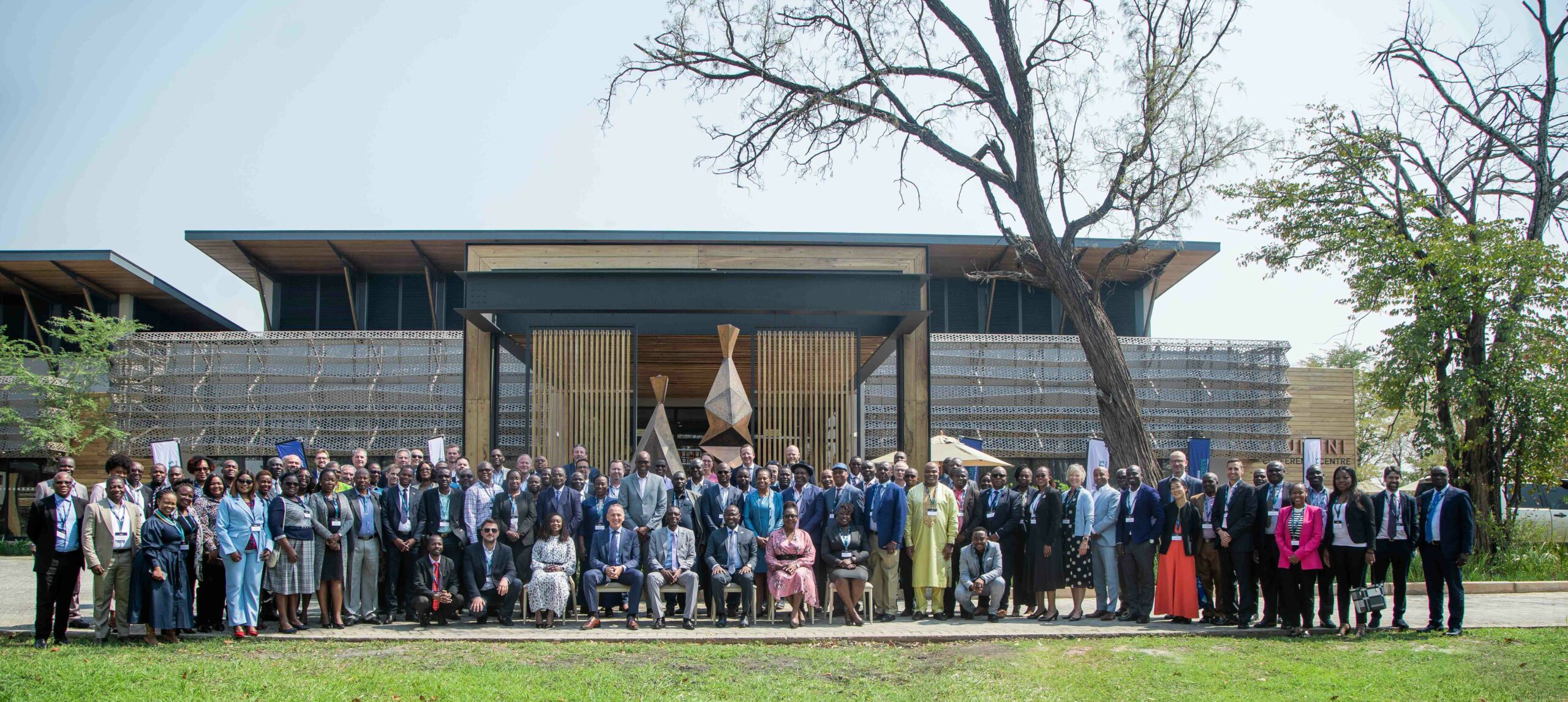CANSO urges States to consider air navigation service providers in recovery plans
The aviation industry is facing a crisis unlike any we have witnessed before in our history. The travel bans and border closures put in place to prevent the spread of the COVID-19 pandemic have led to a prolonged decrease in air traffic, with no end in sight. This is having a major impact on air navigation service providers (ANSPs) across the globe.
The decline in air traffic which initially impacted flights to and from China is now being experienced globally. For example, according to EUROCONTROL’s latest figures, air traffic across Europe today is down 50% from the same day last year, and the picture looks set to worsen further to a 75% decrease by the end of the week.
“While our airline customers are understandably the worst hit, ANSPs are also experiencing severe consequences,” said CANSO Director General, Simon Hocquard. “ANSP revenues are directly related to the volume of air traffic they control and so they are extremely vulnerable to the decreasing traffic. Many are already deploying cost containment measures, but there’s no doubt that a decrease in revenue could significantly impair their ability to safely and seamlessly handle traffic when the volumes inevitably pick up again. Air traffic management is a critical part of national infrastructure, and so CANSO is urging States to include ANSPs in any financial recovery plans.”
As well as contending with the financial consequences, the number one priority for ANSPs in these challenging times has been taking measures to minimise the impact of the pandemic on air navigation services. This has included creating brand new rosters for operational staff which prevent the spread of disease and ensure contingency in the event of staff illness – an activity that has proved increasingly challenging, with an unpredictable air traffic picture which changes on a daily basis.
In addition, ANSPs have been working with their States to support national aviation plans for handling public health emergencies and collaborating with neighbouring States, airports and airlines to prepare contingency should staffing levels be hit by a COVID-19 outbreak.
“There’s no doubt that the challenges we currently face in terms of contingency and operational planning would benefit from strong coordination between industry and States. New technologies and infrastructure are however also vital. This further sharpens the need for investment in our future air traffic management systems. Much needed investment which could be put at risk if governments fail to support ANSPs,” Simon added.


